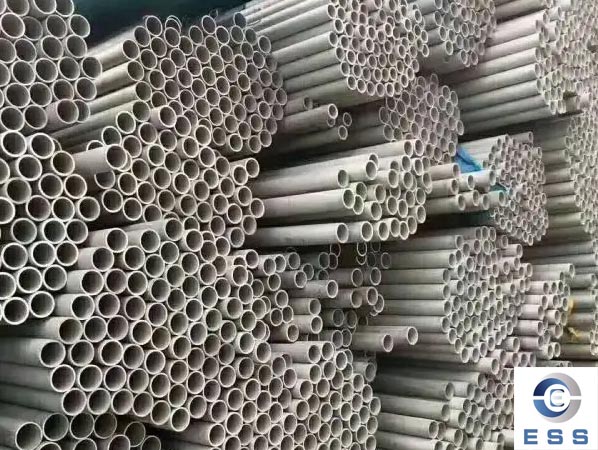How to deal with the rusted surface of stainless steel pipe?
Although stainless steel seamless pipe is difficult to rust under normal circumstances, it has a great relationship with the environment in which it is used in actual use. The more corrosive trace elements in the environment, the stainless steel will be slowly corroded and rusted, and the higher the concentration of corrosive elements, the faster the surface of the steel pipe will be corroded. Once the surface is corroded, it is easy to produce rust spots, and if the rust spots are not treated in time, the corrosion resistance of the surrounding stainless steel will be slowly affected, and the service life of the stainless steel pipe will be affected.

There are many kinds of rust spots on stainless steel pipes. The common one in life is air pollution. Sometimes the rainwater will be acid rain. The long-term showering of acid rain will cause rust spots on the surface of stainless steel. To remove these rust spots, it is recommended to use vinegar, which is simple and convenient. Everyone has one at home. Coat the surface rough and soak for a while. Then use complement to erase. In general, if there is rust on the stainless steel surface we encounter in our daily life, it is very convenient and practical to use this method.
For the rust spots produced by stainless steel used in industrial production, the easiest way is to soak the surface with dilute sulfuric acid or dilute hydrochloric acid, so that the surface of the rust spots can fully react with the acid, and then rinse with water. This rust removal has a very great advantage, that is, a passivation film will be formed on the surface of the stainless steel, so that the stainless steel can be more resistant to corrosion.













 Eastern Steel Manufacturing Co.,Ltd not only improve product production and sales services, but also provide additional value-added services. As long as you need, we can complete your specific needs together.
Eastern Steel Manufacturing Co.,Ltd not only improve product production and sales services, but also provide additional value-added services. As long as you need, we can complete your specific needs together.










